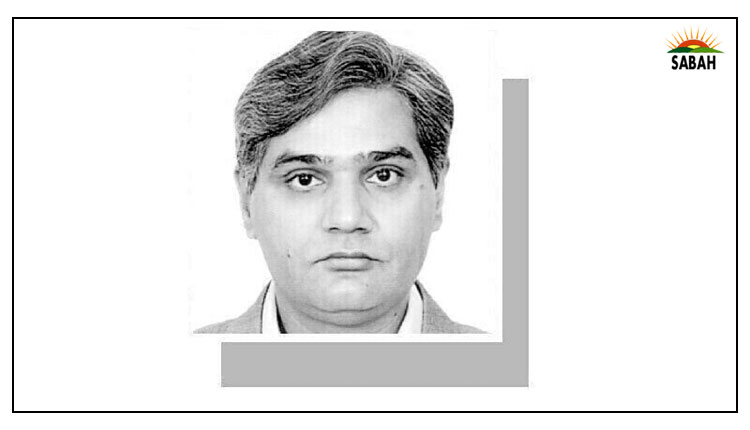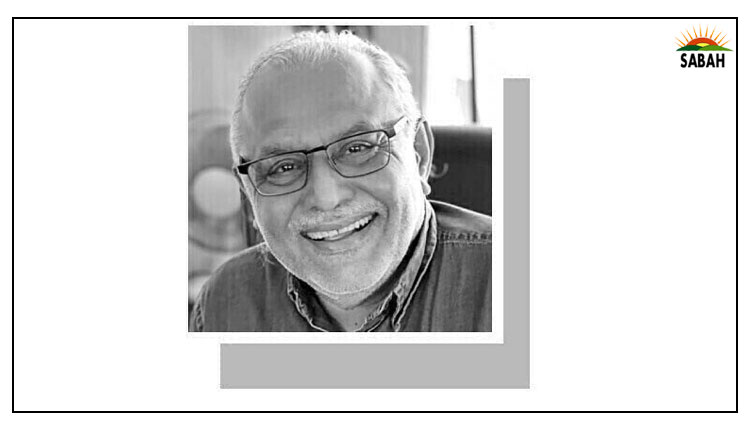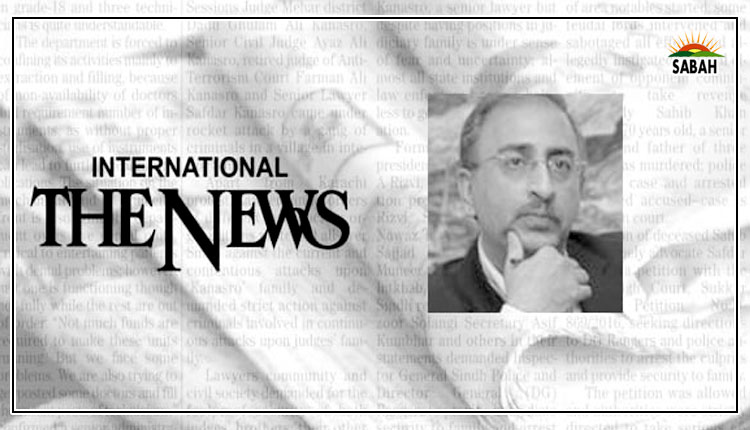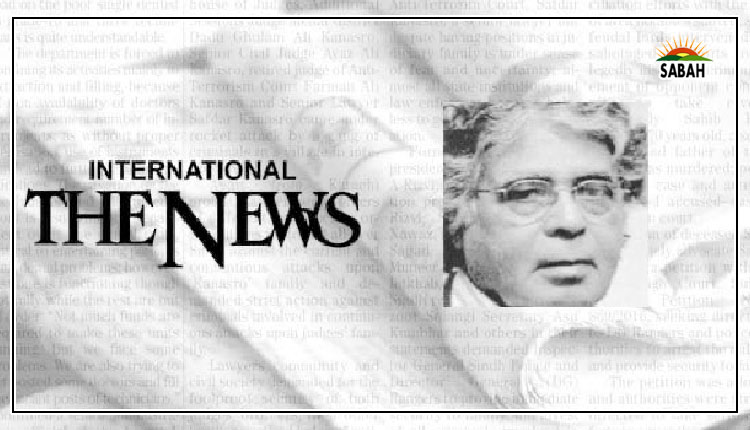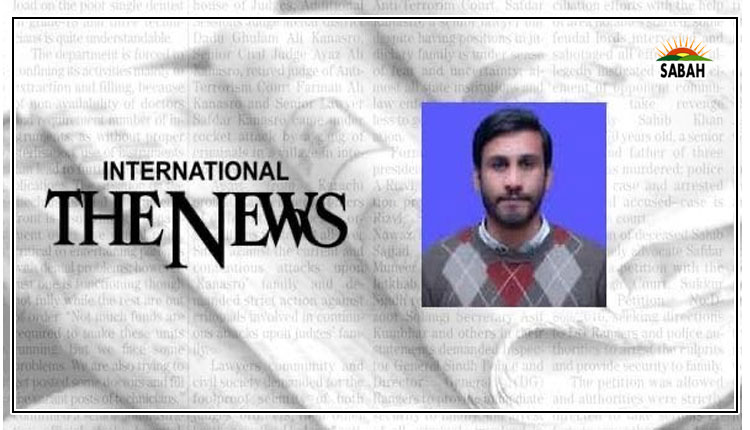Pakistan’s moment…By Muhammad Umar
The recent imposition – and now partial suspension – of US tariffs on Pakistani exports sent ripples through Pakistan’s business and policy circles.
While headlines initially focused on the 29 per cent increase in duties, President Trump’s 90-day pause has offered a narrow but meaningful window for diplomatic recalibration. A senior Pakistani delegation is scheduled to visit Washington for trade and tariff negotiations. If this engagement is framed correctly, it could serve not just as damage control but as the beginning of a far more significant reset in US-Pakistan economic relations.
This isn’t just about tariffs but about timing, leverage, and strategy. President Trump’s return to office has brought with it a sharpened focus on economic security and supply chain resilience. Nowhere is this clearer than in the administration’s push to secure access to critical minerals.
Pakistan is home to some of the most valuable untapped mineral deposits in the world, including copper, gold and rare earth elements. These reserves have been underdeveloped for decades, held back by inconsistent policy, governance issues and lack of foreign investment. Yet the global landscape is shifting. The US, once content to outsource mining and processing to distant suppliers, is now actively looking for new, trusted partners. Pakistan has the potential to be one of them but that will require vision, credibility and a decisive departure from the usual playbook of transactional diplomacy.
For decades, Pakistan’s engagement with the US has been shaped by cycles of aid, dependency and mutual frustration. That dynamic has left both countries fatigued and mistrustful. But strategic minerals offer a different lens, one that is not rooted in the politics of assistance but in the pragmatism of aligned interests. If we frame our engagement with the US not as a request for relief, but as an offer to become a serious player in one of the most critical areas of the 21st-century economy, the entire conversation changes.
This is not the time to approach Washington with a defensive ask to roll back tariffs or restore old preferences. That framing won’t land. It never has. The real opportunity lies in presenting a forward-looking, mutual value proposition – one that connects Pakistan’s mineral potential to the US’s strategic needs. The US isn’t in the mood for aid conversations. But it is actively seeking partners that can contribute to the long-term security of its supply chains in an increasingly fragmented world economy.
That’s the pitch. But here’s the challenge: we’re not delivering it with the urgency or clarity it demands.
Pakistan’s diplomatic staff in Washington have remained engaged and active across a range of traditional channels, particularly through the State Department. But the current moment requires a parallel track, beyond diplomacy-as-usual. There has been limited structured engagement with the national security and economic teams inside the White House, where the core of this administration’s mineral strategy is being shaped. While embassy efforts are important, the reality is that access and influence in this White House flow through a different set of doors. Unless we broaden our aperture, we risk missing the moment.
To course correct, the visiting delegation must arrive not with a defensive list of grievances, but with an offensive strategy. Pakistan should position itself as a long-term solution to a long-term American problem: how to reduce its dependence on hostile or unstable sources of critical minerals. That means bringing serious proposals to the table – concrete ideas for public-private partnerships, frameworks for regulatory transparency, and readiness for joint ventures that give US companies confidence in our mining sector.
It also means knowing who to talk to. Conversations limited to trade bureaucrats will get us nowhere. We need direct engagement with senior officials in the White House and the National Security Council because this is not just a commerce issue. It’s national security. And in Trump’s White House, those lines are blurred by design.
It is also time to be honest about the internal reforms we must undertake. Without regulatory clarity, enforceable contracts and a serious effort to de-risk investment for international partners, no mineral strategy will gain traction. Investors need structure. That’s on us to provide. But if we can do that, we bring real value to the table. This isn’t about handouts. It’s about helping the US solve a geostrategic challenge while unlocking economic opportunity at home.
Pakistan has stumbled through too many cycles of crisis diplomacy. But this is different. For once, the global need aligns with what we can offer. The US wants secure, friendly sources of critical minerals. We have them. But the deal won’t happen on its own. It needs to be constructed through strategy, storytelling and sustained engagement.
We have a chance to shift the narrative. Instead of pleading for exemptions, we could be offering solutions. Instead of asking what Washington can do for us, we could be making the case for why Pakistan is central to America’s mineral future. If we get this right, the payoff could be long-term investment, jobs, and a credible role for Pakistan in the global supply chain of the future.
If we get it wrong, we’ll be left exactly where we are – on the margins of global conversations that we should be leading.
COURTESY THE NEWS


